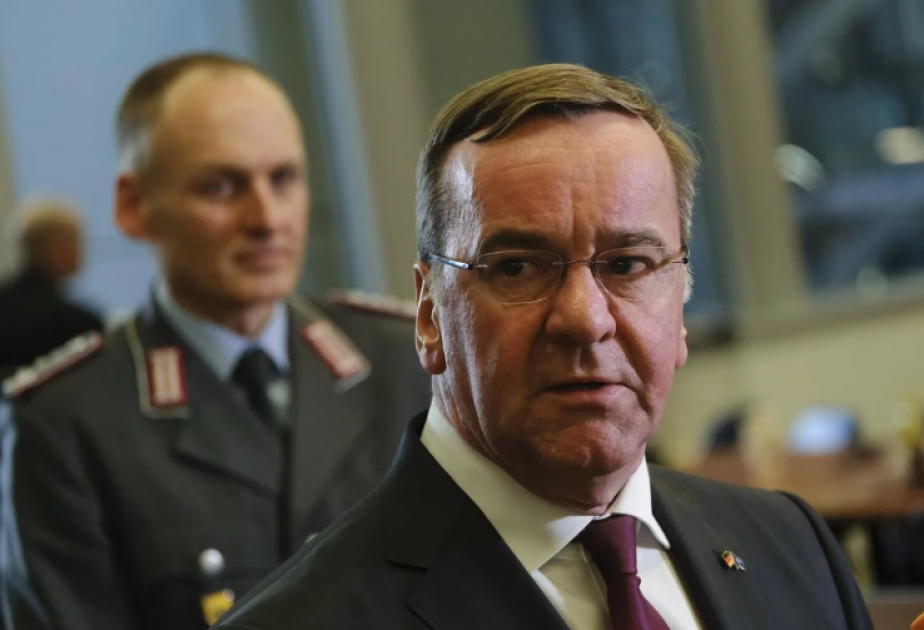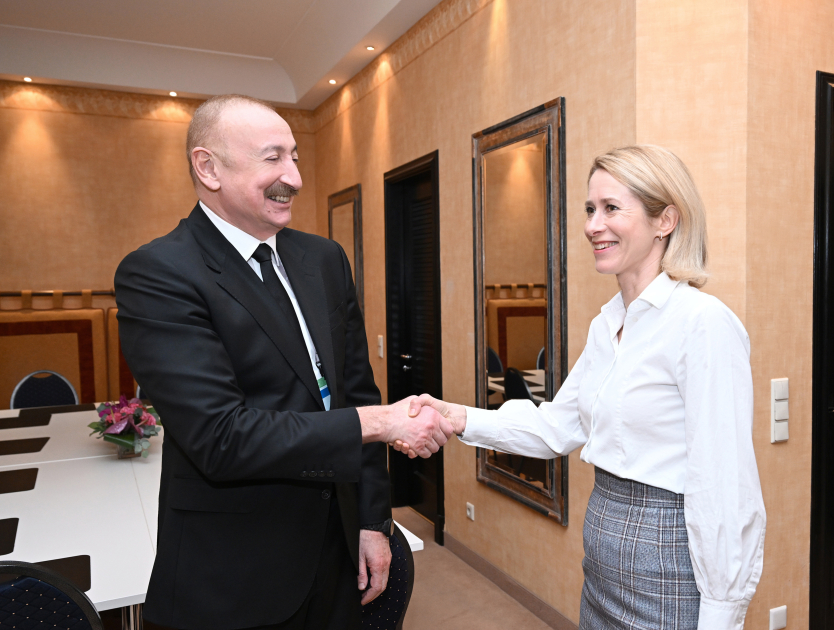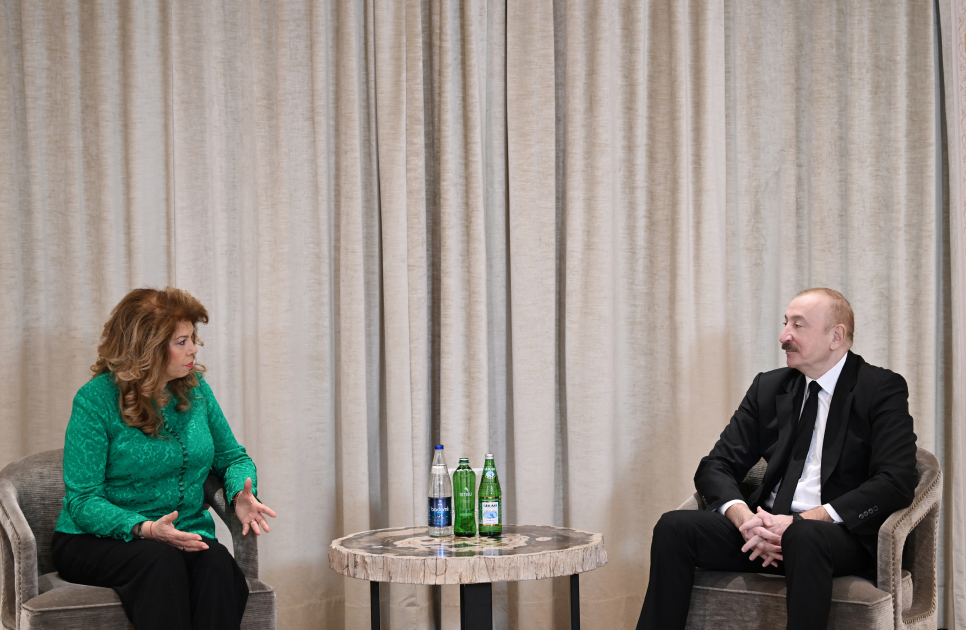German Minister of Defense Boris Pistorius has stated that he is considering the return of compulsory military service to the country and emphasizes that the abolition of mandatory service in 2011 was a mistake.
This was announced by the German Minister of Defense Boris Pistorius in an interview with The Welt.
According to Pistorius, it is currently extremely difficult to reintroduce mobilization in the format it had before. As a successful example, the German official points to the conscription system in Sweden, where since 2017, all young men and women are considered military-conscripted.
Additionally, the head of the German defense department urged to take Russian threats to the eastern NATO bloc seriously, especially regarding the Baltic countries - Estonia, Latvia, Lithuania, and non-block states such as Georgia and the Republic of Moldova.
At the same time, Pistorius added that Europe must strengthen its defense capabilities to ensure security across the continent.
"Europe must be prepared for a possible threat from Russia. This is particularly relevant because it is quite possible that the United States may shift its focus from Europe to the Pacific region," emphasized Pistorius.
According to the minister, Germany has about five to eight years to "make up for what has been wasted - both in the armed forces and in industry and society."
Recall that in 2010, the then Minister of Defense of Germany, Karl-Theodor zu Guttenberg, announced the abolition of the call-up for military service for German men.
In the summer of 2011, conscription was suspended, and the Bundeswehr switched to voluntary military service.
Since then, the Bundeswehr has been composed of professional contractors and volunteers serving for 12 to 33 months. In addition, women in the FRG have always been exempt from military duty under the Basic Law of 1949.
At that time, Germany announced its intention to reduce the size of the army from 250,000 to 185,000 soldiers.
The debate over the advisability of abolishing conscription continues.
It is worth noting that German analysts are currently discussing the increasing likelihood of an armed threat to NATO from Russia, particularly if the war in Ukraine enters a so-called 'positional phase,' minimizing the intensity of direct combat and freezing the conflict. In this case, Moscow could accumulate military power and launch an attack.
In a report by the German Council on Foreign Relations (DGAP), it is mentioned that NATO has a maximum of 10 years to strengthen its defense capabilities. During this time, Germany and other countries must make a qualitative leap: rapidly strengthen military personnel and expand arms production.




















